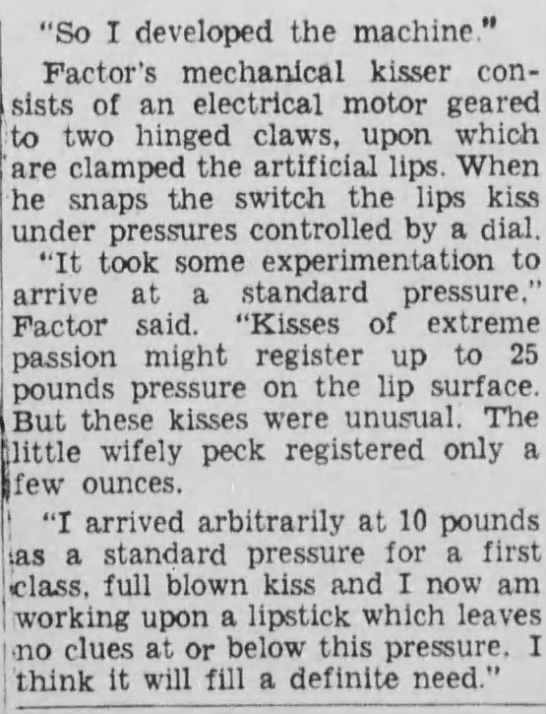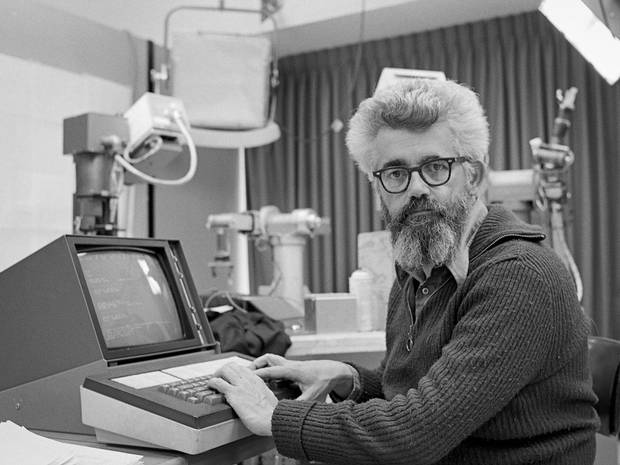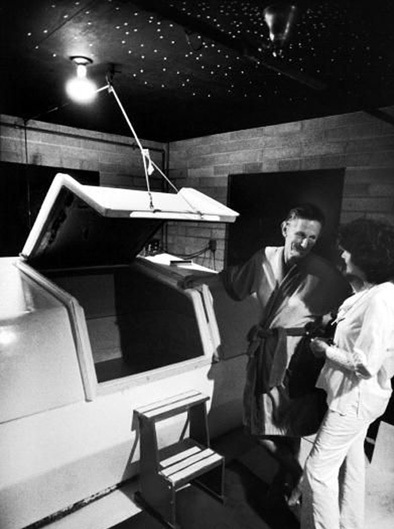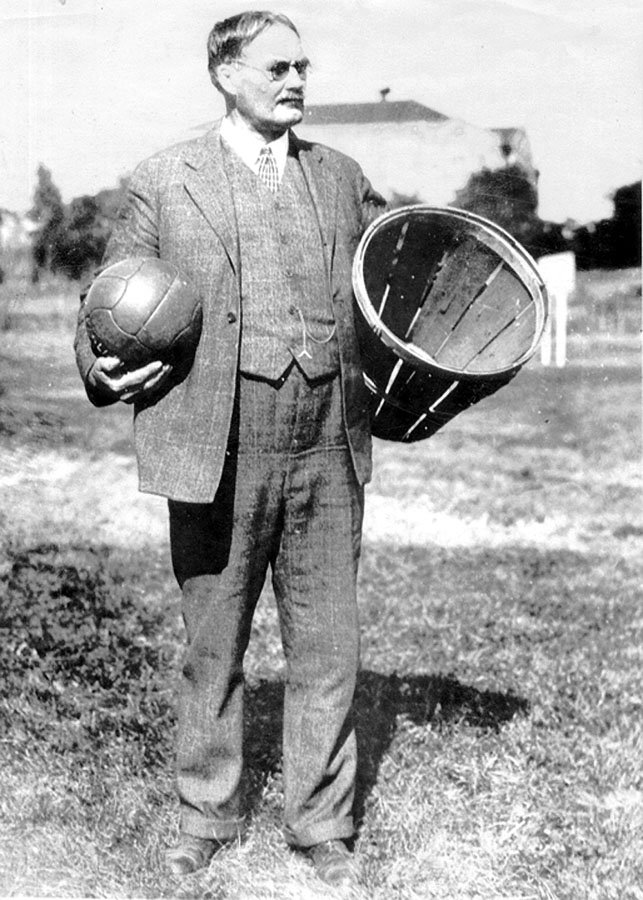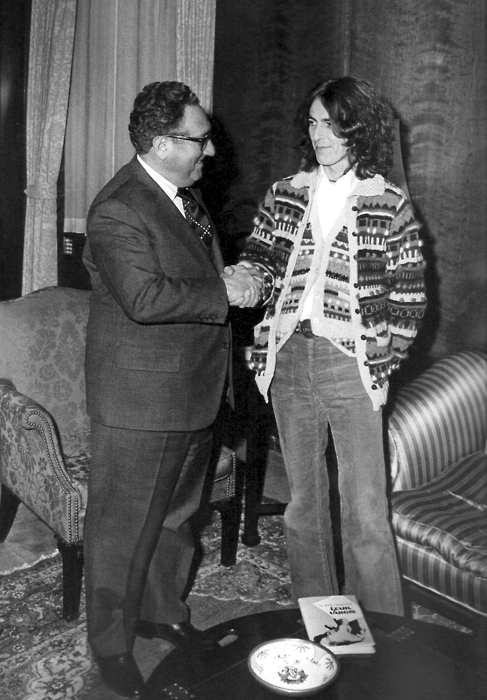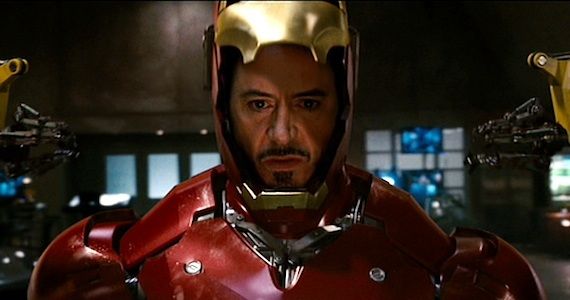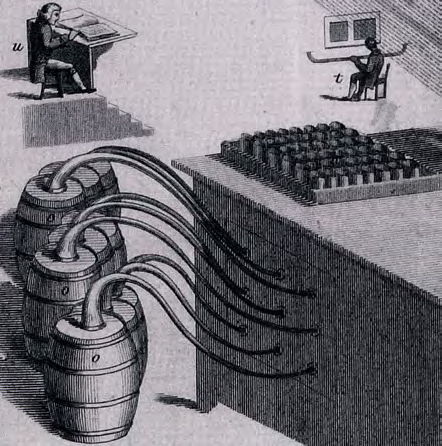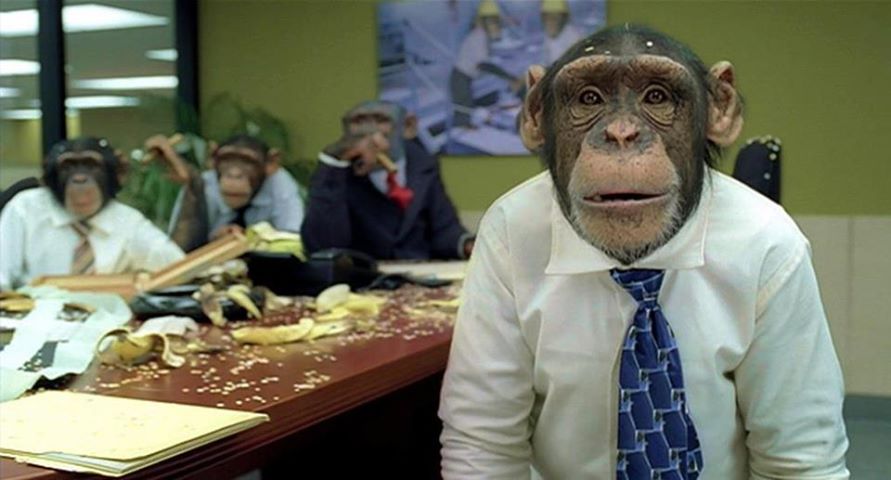In the 1968 New York Times Book Review, Dan Wakefield wrote of Joan Didion’s Slouching Towards Bethlehem, rightfully lavishing praise on what was an instant journalistic classic and one that has since stood the test of time. Didion had escaped New York for the West Coast to write most of the pieces, struck almost silent by a sort of aphasia induced by an indeterminant anxiety. She still managed to communicate. An excerpt:
“The author writes about the contemporary world– quite often the Western United States where she grew up and where she has returned after the writer’s almost obligatory boot-camp training in New York City– and though her own personality does not self-indulgently intrude itself on her subjects, it informs and illuminates them.
The reader comes to admire what can only be called the character of this observer at work, looking in as well as out, noting, for instance, in a piece about a young California Maoist that is a classic portrayal of a certain kind of political zealot of either left or right:
‘As it happens I am comfortable… with those who live outside rather than in, those in whom the sense of dread is so acute that they turn to extreme and doomed commitments; I know something about dread myself, and appreciate the elaborate systems with which some people manage to fill the void, appreciate all the opiates of the people, whether they are as accessible as alcohol and heroin and promiscuity or as hard to come by as faith in God or history.’
In her portraits of people, Miss Didion is not out to expose but to understand, and she shows us actors and millionaires, doomed brides and naïve acid-trippers, left-wing ideologues and snobs of the Hawaiian aristocracy in a way that makes them neither villainous nor glamorous, but alive and botched and often mournfully beautiful in the midst of their lives’ debris. Her portrayals remind me most of the line of a great poem of Robert Frost that says, speaking of us all, ‘Weep for what little things could make them glad.’
Miss Didion is the only writer I know who has captured something of the real mystique and essence of Joan Baez, a frank but elusive subject whom more than one reporter has muffed in the most hopeless manner. (I know; I am one of them.) The fragile innocence as well as the pathos of the students at Miss Baez’s Workshop for Non-Violence are caught in Miss Didion’s description of one of their sessions breaking up as the sky turns dark in the late afternoon, and how they all are ‘reluctant about gathering up their books and magazines and records, about finding their car keys and ending the day, and by the time they are ready to leave Joan Baez is eating potato salad with her fingers from a bowl in the refrigerator, and everyone stays to share it, just a little while longer where it is warm.’
The title piece is about Haight-Ashbury, and conveys the complexity and the ‘atomization’ of the hippie scene not as the latest fashionable trend, but as a serious advanced stage of society in which things are truly ‘falling apart’ as in Yeats’s poem. Compare this piece with Time magazine’s hapless cover story on the hippies last year, and you will see why ‘group journalism’ is usually inferior to a single, talented writer using the ‘method’ explained by Miss Didion: ‘When I went to San Francisco in that cold late spring of 1967 I did not even know what I wanted to find out, and so I just stayed around a while, and made a few friends.’
That is how the best things are always done– a fact they won’t believe when you try to explain it at a writers conference. (They think you’re keeping a secret about how it’s really done.)”
__________________________________
In the 1970s, Tom Brokaw profiles Didion:

